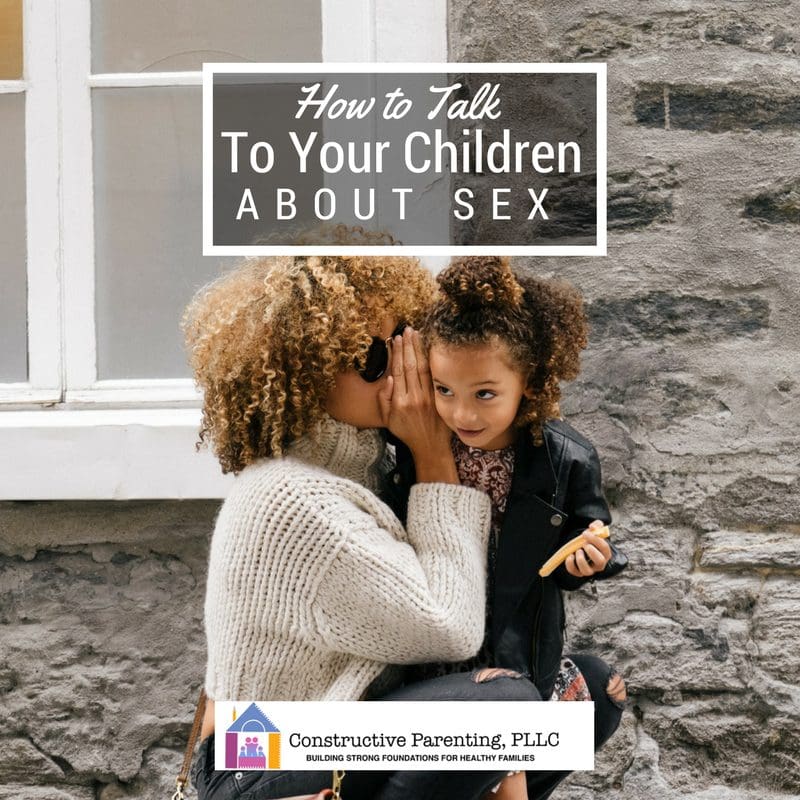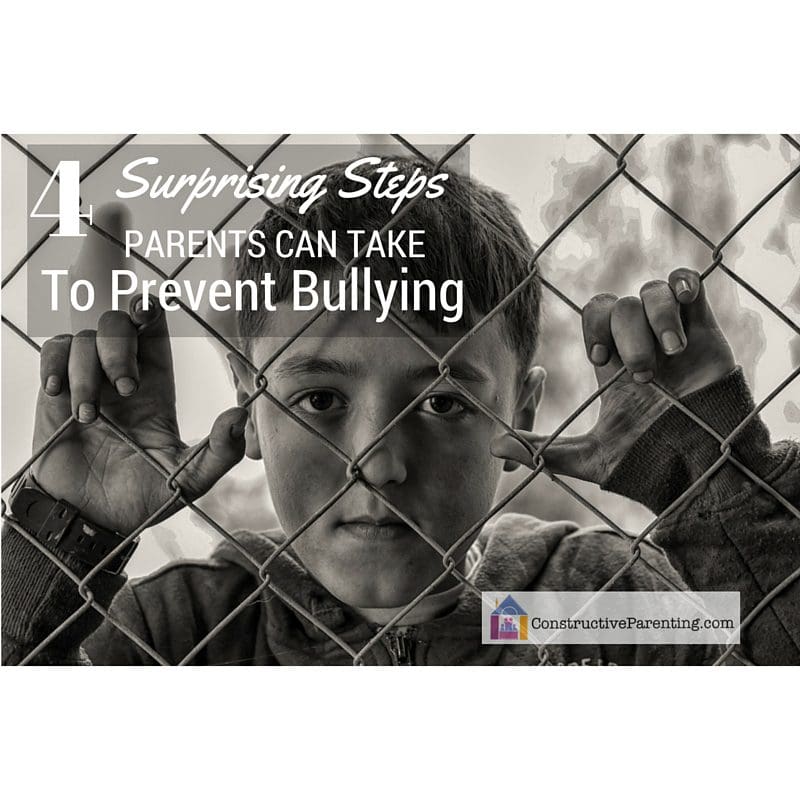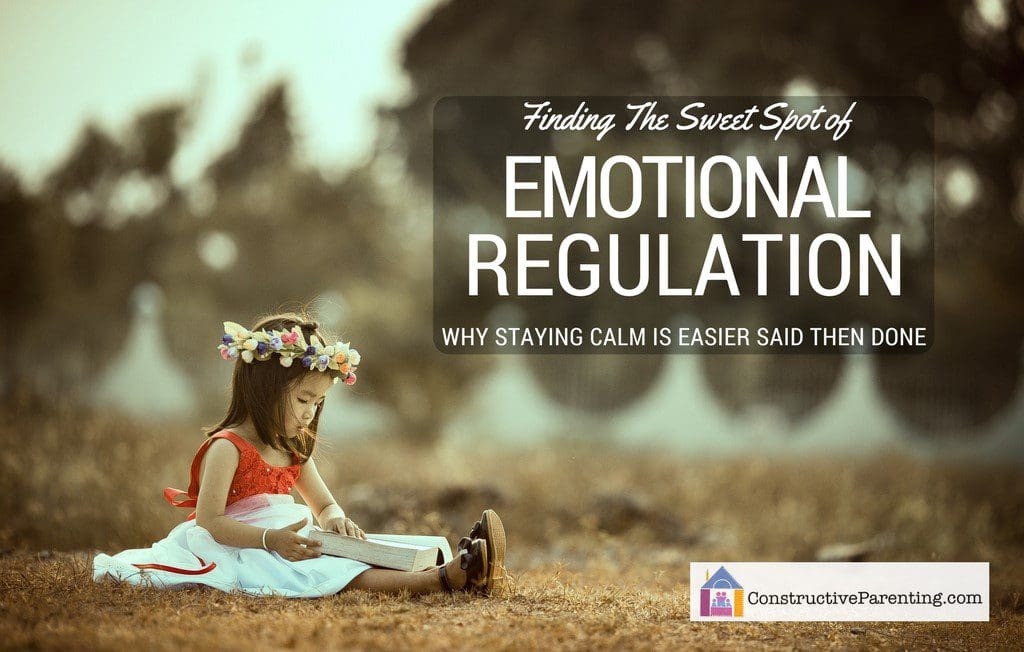How to Talk to Your Children About Sex

This conversation has come up countless times when I’ve been with other parents. Usually it is a mother confiding that she hasn’t told her kids yet or that she is dreading having to. I’m not going to lie and say that talking about sex was an easy conversation for me and my kids. In fact, it is a perfect example of how knowing what to do and actually doing it are two very different things. Fortunately for me, my husband is a physician and is very comfortable calling body parts by their real names, and he took the lead on this one in our family when our kids were 5 and 7.
I can remember it very clearly. We were in the car driving when all of a sudden, he started the conversation. Both kids were paying attention as my husband described the science behind what happens when a baby is made and how bodies fit together. Our youngest, who was obsessed with animals at the time, already had a good understanding of animal reproduction, and he had almost no questions. Our oldest had a few, but when she stopped asking we moved on to much more benign topics as my husband shot me a “phew, that went better than expected” look. Over the next few days our kids would ask a question here and there, and after they got an answer they would drop it and move on. It has been that way ever since. They know that if they have questions it is safe to ask us.
If you have young children and you are looking for tips on how to handle this big taboo topic, you have come to the right place!
Use Real Names for Body Parts
It can be tempting to come up with a cute nick name for vagina and penis when your children are small. Maybe your own family used nick names or maybe the thought of using the real words makes you cringe. I find that just like every other difficult parenting task, starting when your kids are young makes it so much easier. When your children are babies they don’t even know what you are talking about and you can practice using the terms. As they get older it will become second nature. If you have already set the precedent of using nick names it is never too late to teach your children the real names. Let them know that they are old enough to use this language now, but remember they will only be willing to make the transition if you are comfortable using and hearing the words too.
Look for Everyday Opportunities
Whether you are reading a non-fiction book about sharks or you are visiting the zoo, there are lots of places to talk about sex and reproduction as they naturally occur. If you are on a walk in the spring and the squirrels are exploring the “birds and the bees” don’t be afraid to say, “yes, that is what animals do when they make a baby.” Parents are very afraid about opening up the door to this line of questioning, but in my experience kids very rarely jump to the same places adults do. It is highly unlikely your child will say, “wait, is that how you and dad made me?” Instead it will be an easy way to lay the foundation for a talk a few years down the road that for now focuses only on animals in nature.
Answer Their Questions Honestly (but don’t overshare).
Maybe your four-year-old wants to know where babies come from, or your five-year-old wants to know how he got out of your tummy when he was born. If these questions make you feel uncomfortable, try taking a long slow deep breath and then asking them what they think the answer is. This will give you the opportunity to gather your thoughts and clarify what they want to know. Sometimes kids are looking for simple answers to questions that have nothing to do with sex. When you answer a question, pause and wait to see if there are any other follow up questions before you continue to give any more details. Children may have a very specific thing they are wondering about that isn’t even related to “the sex talk.” If they change the topic, follow their lead rather then giving them more information than they are ready to handle. If you are answering a hard question, keep your expression neutral and remember that your goal is to let them know that you are comfortable talking about hard things and that it is safe to ask you these questions. If the message they get from you is that you don’t like to talk about these things, they will eventually turn to their friends or the internet for advice instead.
Let them Know That This is Not Something They Should be Explaining to Their Friends
Just like when you tell your kids that the tooth fairy or Santa Clause isn’t real, you should let your children know that it is not their job to share this new information with their friends. Let your children know that each family is different and that it is the parents’ job to decide when to talk to their kids about this. Tell them that if their friends have questions they need to talk to their parents to get answers. If you don’t think your child is old enough or responsible enough to do this, then he may be too young for the conversation. Otherwise, let him know that you feel that he is mature enough to talk about sex, and that you also know he is mature enough to respect the wishes of his friends’ families.
Teach children about privacy and boundaries.
When toddlers figure out that they have body parts that are covered up by their diapers they often become very interested in exploring. If you see your child with his hands on his private parts you can let him know that the only place it is okay to do that is in his bedroom or the bathroom and then leave it at that. Make sure your child knows that no one should touch his private parts besides his parents or the doctor. It is also a good idea to give your child the message that you respect his boundaries starting from when he is very young. This means that if he is feeling shy and doesn’t want to give great aunt Martha a hug, he doesn’t have to.
How to Have “The Talk” if Your Children are Older
If you have been avoiding this conversation and your kids are starting to bring home sex-related information (or misinformation) from their friends, then you may need to examine your reasons for keeping this information a secret. Get clear on what you hope for your children when it comes to sex and tie that back into your own family values (such as health, self-respect, responsibility). Your values can serve as a backbone when you’re having hard conversations. This is your opportunity to help your children connect sex with values (which is not going to happen if they have to ask their friends or look up the info on the internet). If you don’t think you can comfortably talk about this with your kids, remember you have options. You can practice having the conversation with your partner so that you feel more comfortable. You can also ask another trusted adult like a grandparent or an aunt or uncle to talk to your children instead. If you decide to go for it, remember it is easiest to have talks like this while you are in the car, on a walk, or doing some other activity that allows you to avoid making eye contact so it is easier to stay calm while you speak. Be prepared to give the information and to follow up with a series of talks as your child processes what you have told him over the next few days. Again, remember, the goal is to answer his questions as calmly as possible so that your child gets the message that you are a safe person to talk to. If it gets awkward, it’s okay to put words to that — “I’m sorry this is hard for me to talk about. When I was a kid we didn’t talk about sex but I want that to be different in our family. When you have questions, you can always come to me.”
If you still need help talking to your kids about sex, consider talking to a parenting expert so you can explore what is giving you trouble and how you can make the leap to having an open conversation with your children. Click here for more information about services I provide that may be helpful for you and your family.











When i was 17 i got pregnant with twin boys, they are now 9 and I have a new boyfriend and they have been asking questions about boys and girls. what would be so age appropriate things to start telling them?
Emily, it is appropriate to explain in child friendly language what the biological names are for different body part and about how sperm and egg combine to create a baby which grows in the mother’s womb. There are lots of great books out there that can help you with this if you are not sure what to say. Start with asking your twins what they are curious about and only answer what they ask about — often they only want minimal info and then they may come back at a later time for more. Follow their lead and don’t be afraid to say, “That’s a good question, I need some time to think about how to give you a good answer.” Then do your research and come back to them the next day once you have had time to think about what you want to tell them.